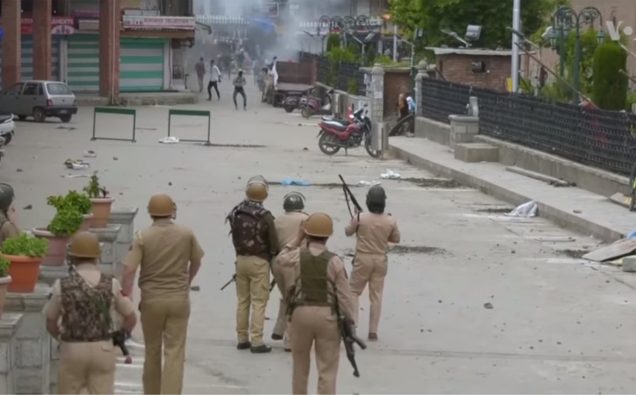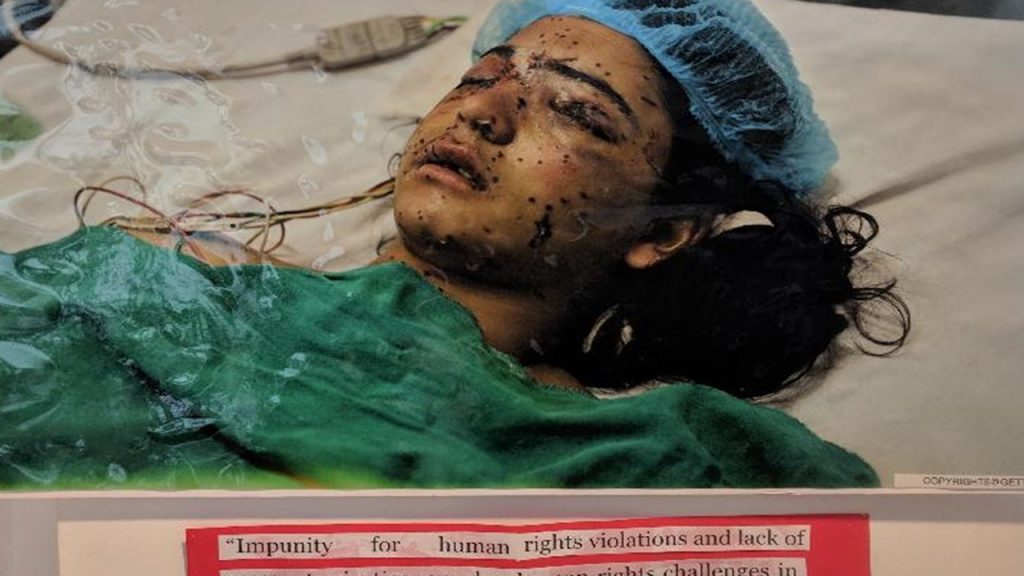
Sticking to its criticism of the Indian move to revoke Kashmir’s autonomy, a respected British journal has said residents of the disputed territory facing health hazards under an unprecedented clampdown since August 5, need healing, not subjugation to further violence.
The Lancet’s stinging criticism of the Indian highhandedness is the latest international rebuke of ultranationalist Prime Minister Narendra Modi’s repeal of the constitutional clause that granted Kashmiris autonomy over their territory.
The weekly journal rejected objections raised by some Indian groups to its highlighting horrible health implications for the people of Kashmir, saying it has “no plans to take down the editorial.”,
The editorial under the heading “Kashmir communications blackout is putting patients at risk, doctors warn,” points out that 38,000 Indian security forces deployed to Kashmir “raises serious concerns for the health, safety, and freedoms of the Kashmiri people.”
The Indian Medical Association, a lobbying group made up of medical practitioners, wrote a letter to Lancet’s editor-in-chief Richard Horton, saying the journal had reacted to an “administrative decision” under “a garb of concern for the health of Kashmiris.”
In response to the letter, a spokesperson for the journal said the editorial expressed “our profound concerns about the physical and mental health of Kashmiris, which we believe have been given insufficient attention so far.”
“The Lancet regularly covers issues where politics and medicine intersect, since health is an important political issue in every society. National and international attention about the situation in Kashmir is high and ongoing.”

Picture taken by Views and News of a poster exhibition on Kashmir at Pakistan Embassy in Washington D.C.
Dubbing the decision to strip Jammu and Kashmir region of its autonomous status as ‘controversial’ the editorial concludes:
“Prime Minister Narendra Modi vows that his decision to revoke autonomy will bring prosperity to Kashmir. But first, the people of Kashmir need healing from the deep wounds of this decades-old conflict, not subjugation to further violence and alienation.”
The Lancet refers to a Médecins Sans Frontières (MSF) study in two conflict-affected rural districts, the publication says “nearly half of Kashmiris rarely felt safe and of those who had lost a family member to violence, one in five had witnessed the death first hand. Therefore, it is unsurprising that people in the region have increased anxiety, depression, and post-traumatic stress disorder.”
The MSF has run counselling centers in the Kashmir Valley since 2001.

















